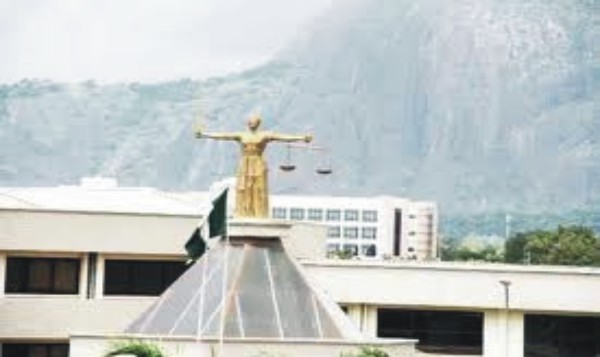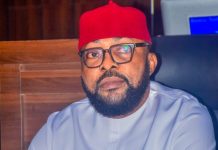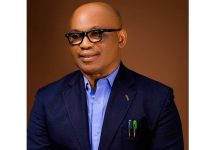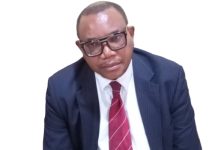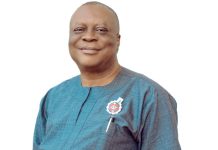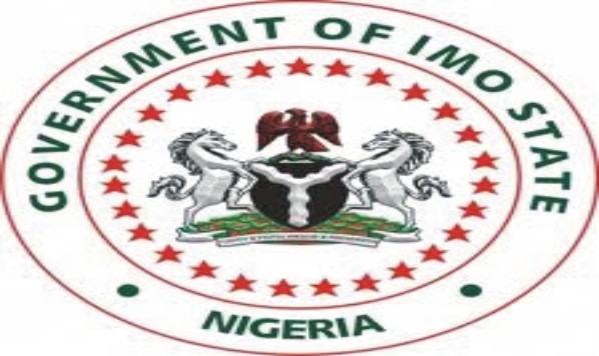By Thompson Agu, Abuja
The name to give the process that will produce a fresh election that will complete the stalled Anambra State Governorship polls, has placed the Independent National Electoral Commission, INEC in a quagmire.
According to Trumpeta Abuja correspondent, the think-thank of the Electoral body has been busy since Saturday 16, 2013 fashioning an acceptable process that will facilitate the completion of the election, and announce the authentic winner, and the Governor-elect of Anambra State.
It was learnt that although INEC had earlier resolved to finish the election by conducting what it called a “Supplementary Election”, Trumpeta learnt that the Electoral Body is reconsidering the “Supplementary Election” option, as it is a matter that is already subject to litigation at the Supreme Court, and therefore is treading carefully in order not to box itself into another confusion.
Sources told Trumpeta that the Imo State Governorship election of 2011, which was decided by INEC through a “novel” exercise dominated the deliberation at INEC Headquarters and may have put INEC into a litmus situation on using the same contentious method to decide the Anambra Governorship logjam.
A Legal source told Trumpeta that according to the Electoral Act, the INEC has ample time within the electoral frame work to conduct a fresh election in Anambra State now, but the issue is what name to tag the exercise in order not to run into litigations thereafter.
Trumpeta was told that the situation in Anambra State presently, is quite different from that of Imo State, which is still pending before the Supreme and Appeal Courts and will resume in Jan 24, 2014.
Trumpeta was told that in the Anambra scenario, the time frame authorized by the Electoral act, which is that the election must hold not less than 29 days to the swearing-in of the Governor-elect, is apt.
Secondly, the Anambra matter, especially in Idemili LGA, requires fresh polls, an indication that no results had been entered or collated.
“These are the main issues in the Anambra saga; INEC could call for fresh elections, but has no right to cancel already collated results. But the problem now is, what should the exercise be called so as to be accommodated in our electoral Law?” A Legal Icon told Trumpeta.
It was therefore learnt that the Anambra quagmire is far from that of Imo situation, since it was said that the Imo elections were already conducted and results entered before they were pronounced null and void.
Trumpeta was informed that while that of Anambra fell within the INEC time frame to conduct a new election, that of Imo took place “not less than 29 days” as stipulated by the Electoral Act, before the Governor-elect would be swore-in.
“Remember that in the case of Imo, the “Supplementary Election” took place May 6, 2011, while the Governor-elect was swore-in on May 29, 2011. So, do the calculation yourself” the source told Trumpeta.
However, apart from the fact that Anambra State shares boundary with Imo, the latest Governorship saga has a lot to do with Imo.
The Governor of Imo State, Owelle Rochas Okorocha’s party, APC participated in the election, and the Governor massively supported the candidate, Senator Chris Ngige.
Furthermore, the Governor of Imo State benefited from the May 6, 2011 Supplementary election which is being challenged in court till date.
Ironically, the APC candidate in the Anambra election, Chris Ngige has refused to participate in a “Supplementary”, calling it an illegality, and wants a total cancellation of the result.
And he is backed in this resolution, by the Governor of Imo State, who is one of his ardent supporters.
The problem now is; why would the political party of the Governor of Imo State, Owelle Rochas Okorocha which benefited from a “Supplementary election” in 2011, now turn around in 2013 to describe the same process an illegality? Is it a case of different strokes for different people? The unfolding drama in the next few weeks will give answer to this confusion.

